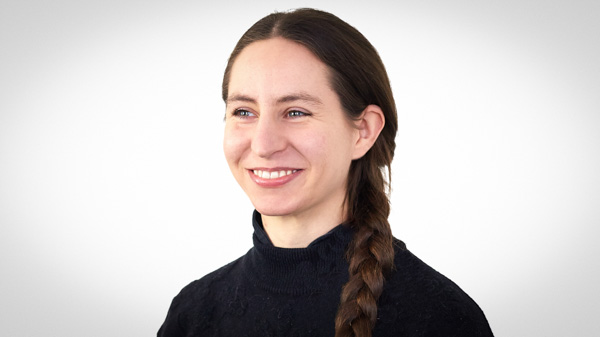Unsere vernetzte Welt verstehen

Yochai Benkler – Freedom, Power, Practical Anarchism. Und ein Interview.
Yochai Benkler war als Sprecher des WZB Berlin Colloquium »Rethinking Law in a Global Context: Private Ordering and Public Authority» am 11. Juni 2013 zu Gast und hat seinen Artikel ‘Practical Anarchism: Peer Mutualism, Market Power, and the Fallible State’ diskutiert.
Im Anschluss an den Vortrag hatte ich die Gelegenheit, ein Interview mit Professor Benkler zu führen. Angesprochen wurden aktuelle Entwicklungen im Bereich Internet und Gesellschaft, Bedingungen für ‘commons-based peer production’, Egoismus und das Potenzial zur Zusammenarbeit im wissenschaftlichen Bereich sowie die Frage, ob Offenheit in der Wissenschaft zu einem neuen Freiheitsgrad beiträgt.
Yochai Benkler was the speaker of the WZB Berlin Colloquium “Rethinking Law in a Global Context: Private Ordering and Public Authority” on 11 June 2013. Professor Benkler discussed his recent paper “Practical Anarchism: Peer Mutualism, Market Power, and the Fallible State”.
Based on several examples of working anarchies in the networked environment Benkler argued that peer mutualism works in certain contexts. Even though it is not perfect, it provides people with a new degree of freedom.
As individuals inhabiting a world of interlocked imperfect systems, we are susceptible to power shaping our perceptions, preferences, policies and principles as well as our actions, outcomes and configurations. Peer mutualism offers us a new way to bob and weave between those systems.
The core questions are how much of what people care about can be done in non-market, non-proprietary, non-governmental models? Do peer mutualism models offer enough of a solution space? And how corruptible are these nonhierarchical and noncoercive models?
I had the chance to interview Yochai Benkler after the Colloquium. I asked him about current developments centered on issues related to internet and society, what conditions are needed for commons-based peer production to flourish, how the discussion of selfishness versus human capabilities to cooperate translate into the realm of science and whether openness in science provides us with a new degree of freedom.
You can watch the interview below or listen to the audio version (mp3).
* This note draws on Benkler’s paper mentioned above as well as on the discussion during the Berlin Colloquium.
Dieser Beitrag spiegelt die Meinung der Autorinnen und Autoren und weder notwendigerweise noch ausschließlich die Meinung des Institutes wider. Für mehr Informationen zu den Inhalten dieser Beiträge und den assoziierten Forschungsprojekten kontaktieren Sie bitte info@hiig.de

Jetzt anmelden und die neuesten Blogartikel einmal im Monat per Newsletter erhalten.
Forschungsthemen im Fokus
Netzecho: Reaktionen auf die Tagesschau in Einfacher Sprache
Seit 2024 gibt es die Tagesschau in Einfacher Sprache. Wie wird das neue Nachrichtenformat von Nutzer*innen im Internet diskutiert?
Chancen gegen Einsamkeit: Wie Pflegeeinrichtungen das Quartier vernetzen
Was hilft gegen Einsamkeit im Alter? Pflegeeinrichtungen schaffen neue Räume für Gemeinschaft und digitale Teilhabe.
Unfreiwillig nackt: Wie Deepfake Porn sexualisierte Gewalt gegen Frauen verschärft
Deepfake Porn nutzt KI, um täuschend echte Nacktbilder ohne Einwilligung zu erzeugen, meist von Frauen. Wie können wir Betroffene besser schützen?




